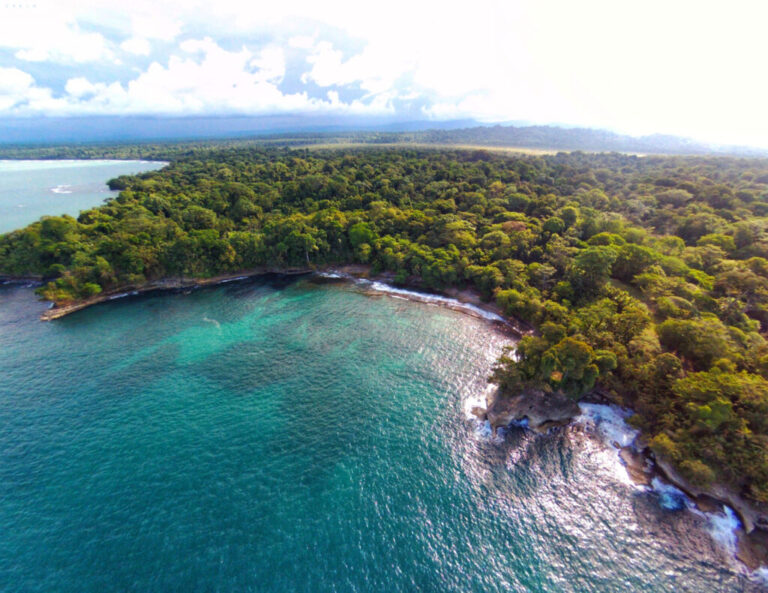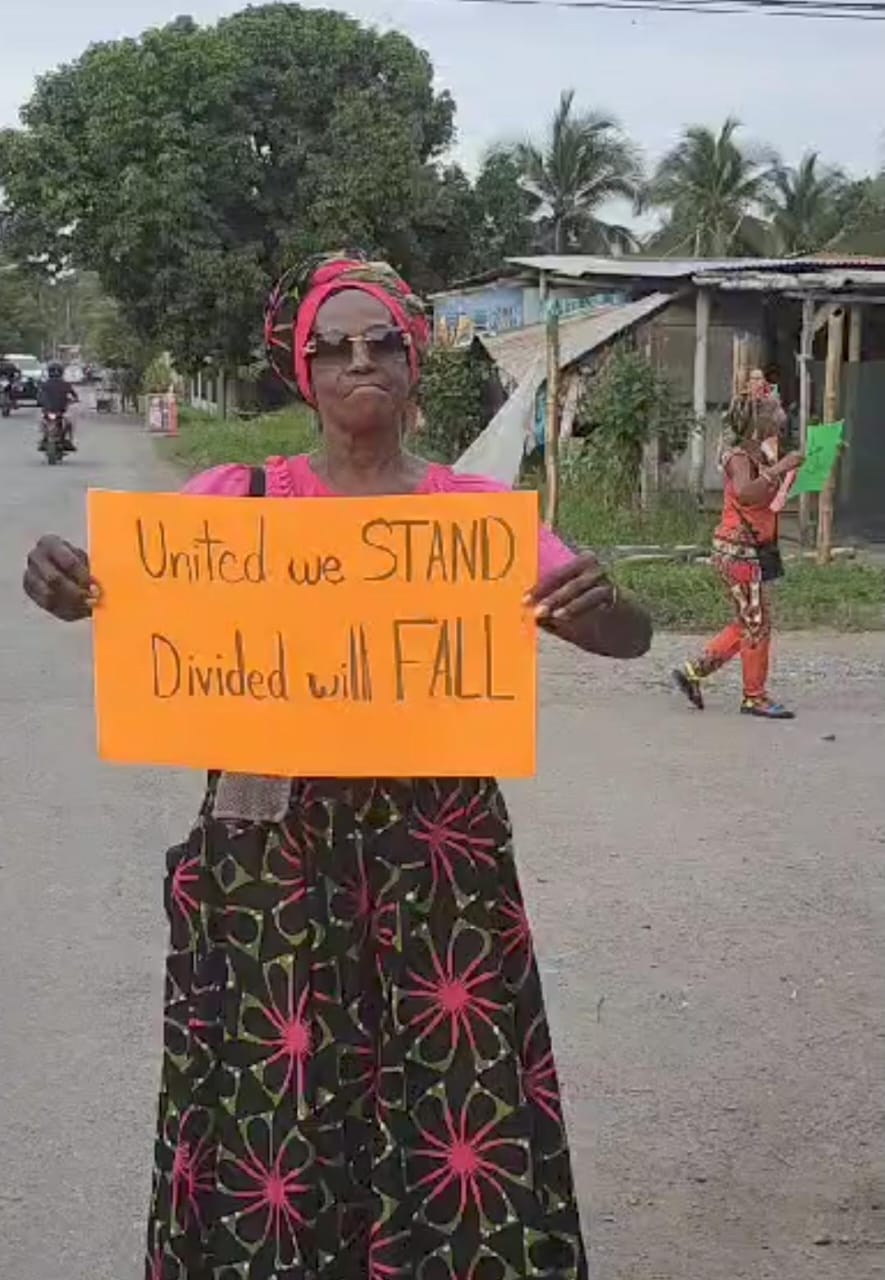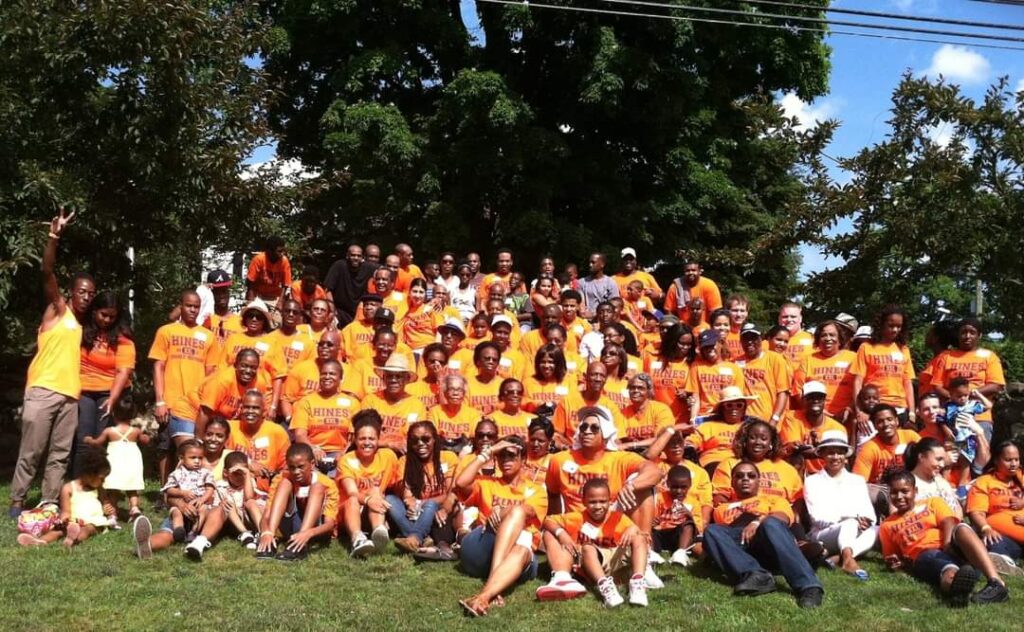Ancestral Land Seizures in Costa Rica: A Call for Unity
Velvet Waite I August 30, 2024

In the heart of Costa Rica lies a history marred by the illegal seizure of ancestral lands belonging to the Afro-Costa Rican and Indigenous communities. These lands, rich with cultural heritage and spiritual significance, have been systematically stripped away, leaving the rightful stewards of these territories dispossessed and marginalized. This blog delves into the historical injustices faced by the Tribal Towns of Costa Rica and emphasizes the urgent need for the Afro-Costa Rican community to unite, legally and politically assert their ancestral rights, and demand the return of what is rightfully, legally, spiritually, and morally theirs.
A History of Injustice
The history of land dispossession in Costa Rica is a tale of colonialism, exploitation, and systemic racism. Long before the arrival of European colonizers, the Afro-Costa Rican and Indigenous communities thrived on their ancestral lands, nurturing a deep connection to the land that sustained them. These lands were not just physical spaces; they were sacred, imbued with the spirits of their ancestors and the wisdom of generations.
However, the colonial era marked the beginning of a dark chapter in this history. The imposition of foreign laws and the violent displacement of Indigenous and Afro-descendant peoples set the stage for centuries of land grabbing. The Costa Rican government, influenced by European settlers, began to systematically seize these lands, often through legal loopholes and outright force. The establishment of plantations, the expansion of infrastructure, and the promotion of tourism further eroded the ancestral territories of the Tribal Towns.

The Ongoing Struggle
Despite the end of colonial rule, the legacy of land dispossession continues to haunt the Afro-Costa Rican and Indigenous communities. The Costa Rican government has consistently failed to recognize the ancestral land rights of these communities, perpetuating a cycle of poverty, displacement, and marginalization. In many cases, the government has granted land titles to outsiders, including multinational corporations, while ignoring the rightful claims of the original inhabitants.
This ongoing struggle is not just a legal battle; it is a fight for survival, identity, and justice. The loss of ancestral lands has devastating consequences for the cultural heritage, social cohesion, and economic well-being of the Tribal Towns. It threatens the very fabric of their existence, as the connection to the land is inseparable from their spiritual and cultural identity.
The Path to Justice: Unity and Legal Action

In the face of these historical and ongoing injustices, the most important step that the Afro-Costa Rican community can take is to band together. Unity is the cornerstone of any successful justice movement. By coming together, the community can pool resources, share knowledge, and amplify their voices to demand what is rightfully theirs.
Legal and political action must be at the forefront of this movement. The community must assert their ancestral rights through the courts, challenging the legality of the land seizures and demanding restitution. International human rights laws, including the United Nations Declaration on the Rights of Indigenous Peoples, provide a framework for these claims, recognizing the inherent rights of Indigenous and Afro-descendant peoples to their lands, territories, and resources.
Political advocacy is equally crucial. The community must engage with local, national, and international political bodies to raise awareness of their plight and push for legislative reforms that protect and restore their land rights. This includes lobbying for the recognition of ancestral land titles, securing legal protections against future dispossession, and advocating for the return of illegally seized lands.
A Moral Imperative
Beyond the legal and political dimensions, the struggle for ancestral lands is a moral and spiritual one. The land is not just property; it is a living entity, a sacred space that connects the past, present, and future. The return of these lands is not just about rectifying historical wrongs; it is about restoring the dignity, identity, and spiritual well-being of the Afro-Costa Rican and Indigenous communities.
The Costa Rican government has a moral obligation to address these injustices. It must recognize the historical wrongs committed against the Tribal Towns and take concrete steps to make amends. This includes not only returning the stolen lands but also providing reparations for the centuries of suffering endured by these communities.
The time for action is now. The Afro-Costa Rican community must unite, legally and politically determine their ancestral lands, and demand that the government give back what is rightfully, legally, spiritually, and morally theirs. This is not just a fight for land; it is a fight for justice, identity, and the future of the community.
In this struggle, the strength of the community lies in its unity, resilience, and unwavering commitment to justice. By standing together, the Afro-Costa Rican and Indigenous peoples can reclaim their lands, restore their heritage, and build a future where their rights are respected, their cultures are preserved, and their spirits are free.
